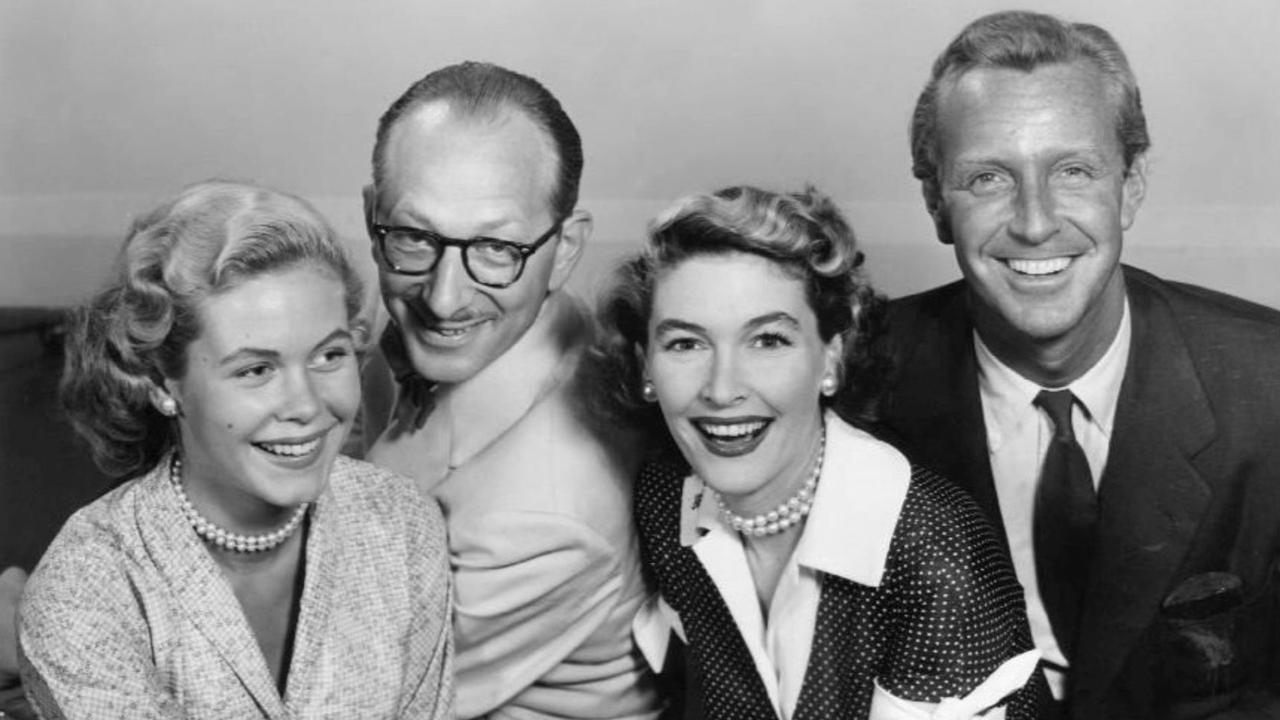

NBC
Featured Show:
Robert Montgomery Presents
Robert Montgomery Presents is an American dramatic television series which was produced by NBC from January 30, 1950 until June 24, 1957. The live show had several sponsors during its seven-year run, and the title was altered to feature the sponsor, usually Lucky Strike cigarettes, for example, Robert Montgomery Presents Your Lucky Strike Theater, ....The Johnson's Wax Program, and so on.
NBC TV Shows
1616 shows • Page 78 of 81
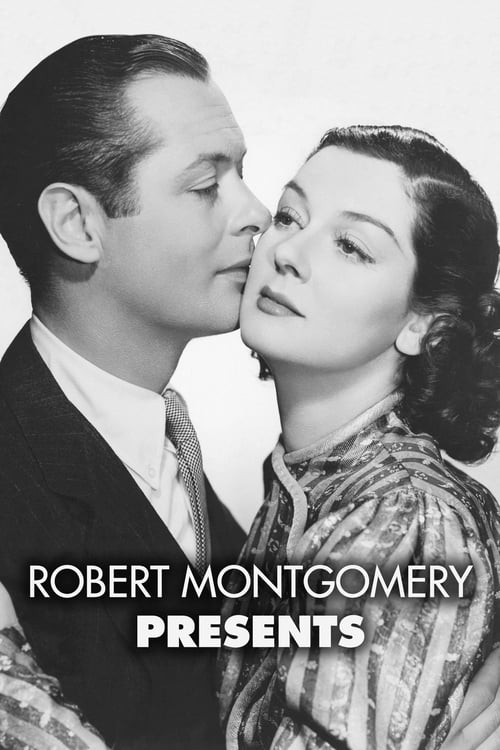
Robert Montgomery Presents
Robert Montgomery Presents is an American dramatic television series which was produced by NBC from January 30, 1950 until June 24, 1957. The live show had several sponsors during its seven-year run, and the title was altered to feature the sponsor, usually Lucky Strike cigarettes, for example, Robert Montgomery Presents Your Lucky Strike Theater, ....The Johnson's Wax Program, and so on.
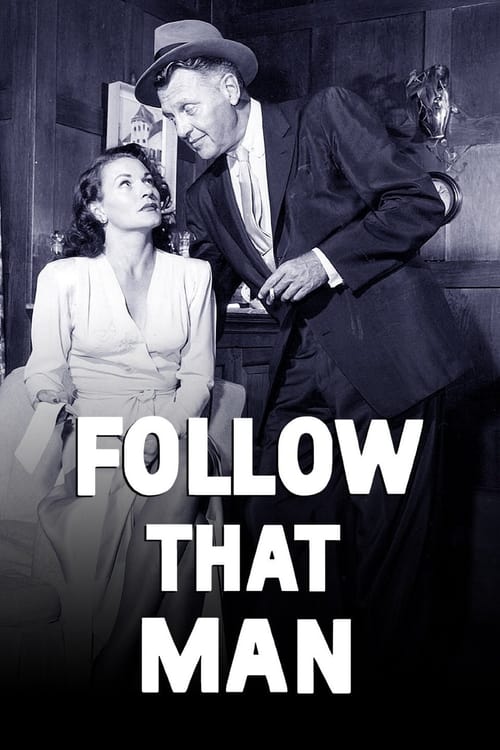
Man Against Crime
Man Against Crime, one of the first television programs about private eyes, ran on CBS, the DuMont Television Network and NBC from October 7, 1949 to August 26, 1956. The show was created by Lawrence Klee and Paul Alter and was broadcast live until 1952. It was also directed by Paul Alter. The series was one of the few television programs ever to have been simulcast on more than one network: the program aired on both NBC and DuMont during the 1953-1954 television season.
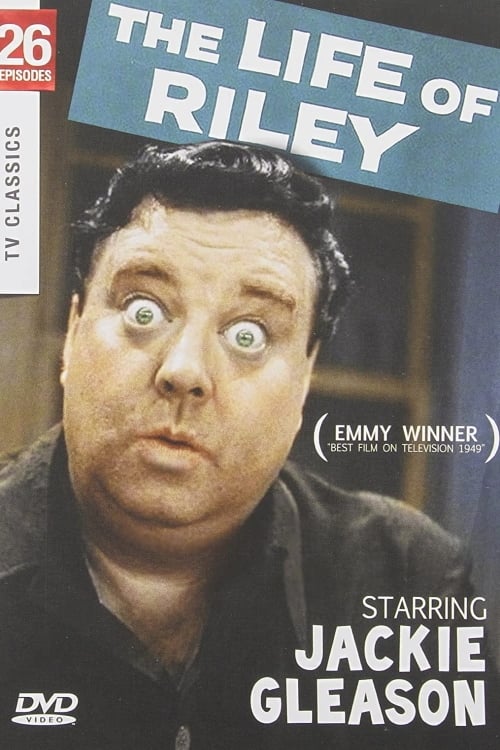
The Life of Riley
Riley worked in an aircraft plant in California, but viewers usually saw him at home, cheerfully disrupting life with his malapropisms and ill timed intervention into minor problems. His stock answer to every turn of fate became a catch phrase: 'What a revoltin' development this is!"
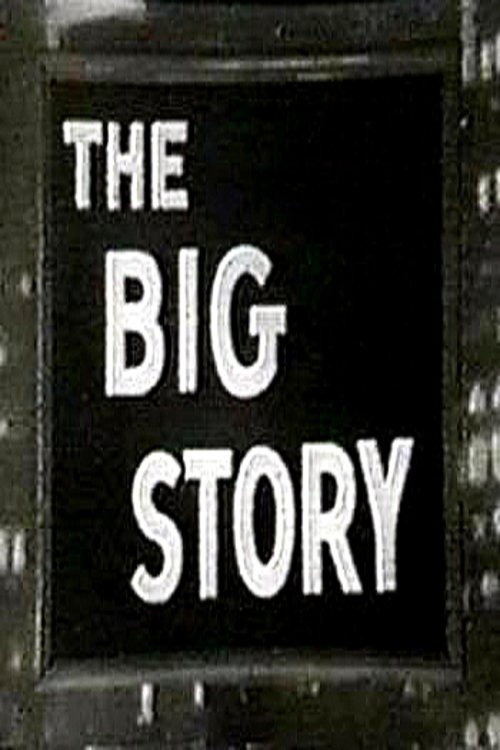
The Big Story
Based on a popular radio series, each show tells a different reporter's Big Story, a true story selected from newspapers across the United States. Comments from the actual reporter open and close each show but the permanent narrator drives the plot line and a featured actor dramatizes the reporter's role.
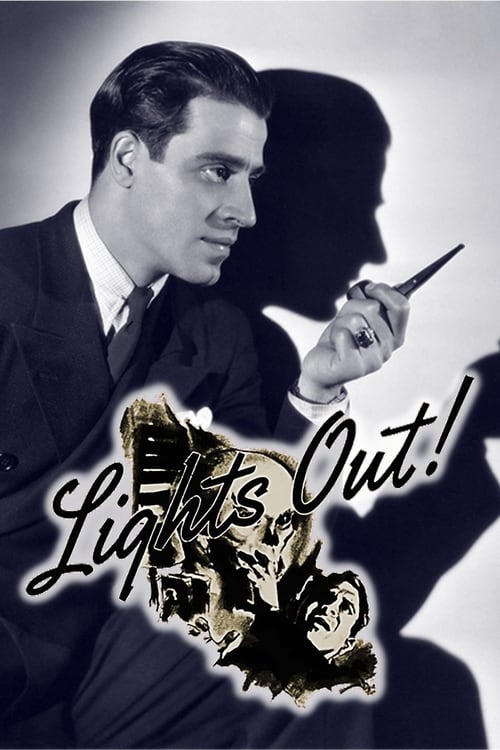
Lights Out
Lights Out was an extremely popular American old-time radio program, an early example of a network series devoted mostly to horror and the supernatural, predating Suspense and Inner Sanctum. Versions of Lights Out aired on different networks, at various times, from January 1934 to the summer of 1947 and the series eventually made the transition to television. In 1946, NBC Television brought Lights Out to TV in a series of four specials, broadcast live and produced by Fred Coe, who also contributed three of the scripts. NBC asked Cooper to write the script for the premiere, "First Person Singular", which is told entirely from the point of view of an unseen murderer who kills his obnoxious wife and winds up being executed. Variety gave this first episode a rave review ("undoubtedly one of the best dramatic shows yet seen on a television screen"), but Lights Out did not become a regular NBC-TV series until 1949.

Leave It to the Girls
Leave It to the Girls is an American radio and television talk show, created by Martha Rountree, and broadcast, in various forms, from the 1940s through the 1980s.

Fireside Theater
Fireside Theater is an American anthology drama series that ran on NBC from 1949 to 1958, and was the first successful filmed series on American television. Stories were low budget and often based on public domain stories or written by freelance writers such as Rod Serling. While it was panned by critics, it remained in the top ten most popular shows for most of its run. It predated the other major pioneer of filmed TV in America, I Love Lucy, by two years.

The Goldbergs
The Goldbergs is a comedy-drama broadcast from 1929 to 1946 on American radio, and from 1949 to 1956 on American television. It was adapted into a 1948 play, Me and Molly, a 1950 film The Goldbergs, and a 1973 Broadway musical, Molly.
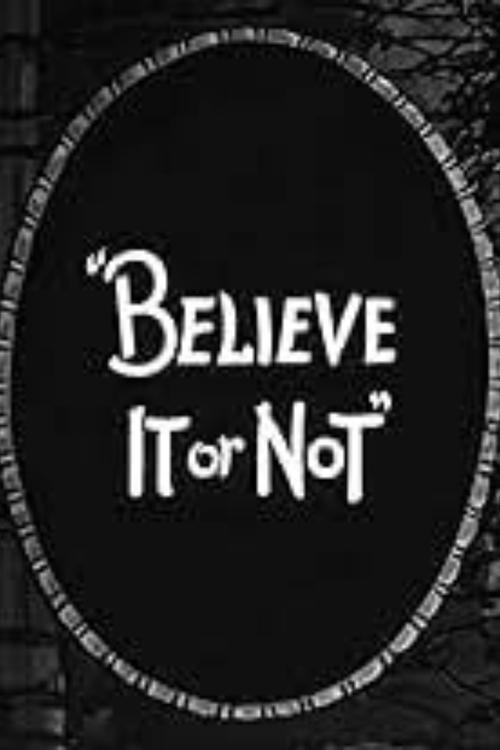 0
0Believe It or Not
Robert L. Ripley sitting in a "living room" recounting tales of strange stories. Ripley died on 27 May and was replaced by Robert St. John who continued to November 1949. The second season, beginning in January 1950, was a dramatic anthology series based on Ripley's stories and featured guest players every week.
 0
0The Mystery Chef
The Mystery Chef is an American cooking show that aired daily on NBC from March 1, 1949 to June 29, 1949. It was one of NBC's first daytime programs.
 0
0The Hartmans
The Hartmans is an American television sitcom that aired live on NBC on Sunday nights from February 27 to April 24, 1949. The series stars Paul and Grace Hartman, a married couple who performed together on the vaudeville circuit and on the Broadway stage.
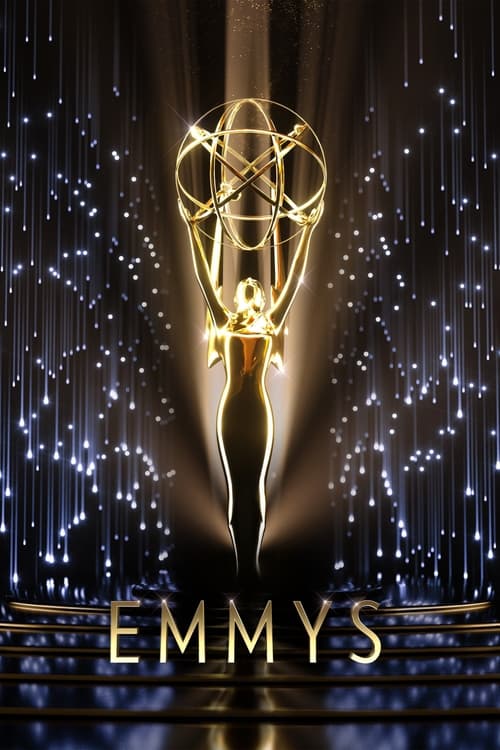
The Emmy Awards
An annual awards ceremony honoring the best in U.S. prime time television programming as chosen by the Academy of Television Arts & Sciences.
 0
0Colgate Theatre
Colgate Theatre is a 30-minute dramatic television anthology series telecast on NBC during 1949 and 1958 for a total of 50 episodes. The first edition, a live anthology, was telecast on Sunday nights at 8:30pm through the summer of 1950. The second series [Tuesdays, 9:30pm] consisted of filmed pilot episodes of unsold series, and was a last-minute replacement for the game series Dotto, which was ended during August 1958, due to accusations that it was rigged. It served as a filler for the sponsor until The George Burns Show premiered on October 14, 1958.
 0
0Who Said That?
Who Said That? is a 1947-55 NBC radio-television game show, in which a panel of celebrities attempts to determine the speaker of a quotation from recent news reports. The series was first proposed and edited by Fred W. Friendly, later of CBS News.
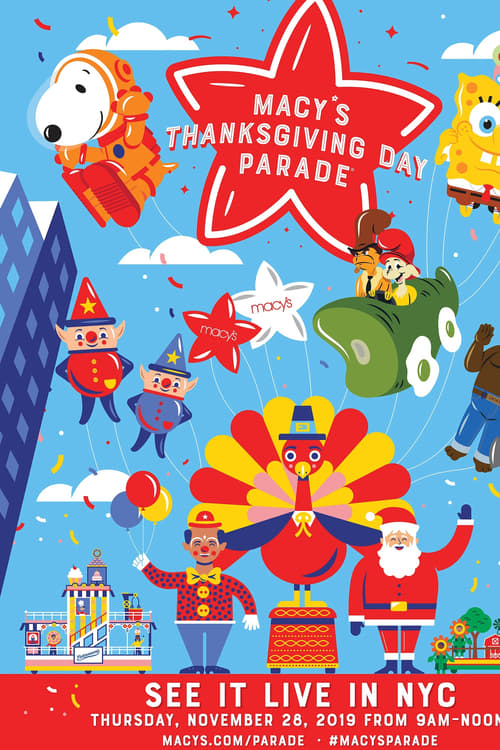
Macy's Thanksgiving Day Parade
The Macy's Thanksgiving Day Parade is an annual parade presented by the U.S. chain store business Macy's. The tradition started in 1924, tying it for the second-oldest Thanksgiving parade in the United States along with America's Thanksgiving Parade in Detroit, with both parades four years younger than the 6abc Dunkin' Donuts Thanksgiving Day Parade in Philadelphia. The three-hour Macy's event is held in New York City starting at 9:00 a.m. EST on Thanksgiving Day.
 0
0Break the Bank
Break the Bank is an American quiz show which aired variously on Mutual Radio and ABC, CBS and NBC television from 1945 to 1957.
 0
0Welcome Aboard
Welcome Aboard is an American variety show that was televised live on Sundays at 7:30pm EST on NBC. The series was initially titled Admiral Presents the Five Star Revue—Welcome Aboard, when it was sponsored by Admiral but was retitled when sponsorship was dropped in December 1948. The premiere episode featured Martin and Lewis, and Phil Silvers. The second episode on October 10 also featured Martin and Lewis, and a kinescope of this latter show is preserved in the UCLA Film and Television Archive. Three additional episodes are held by the Library of Congress
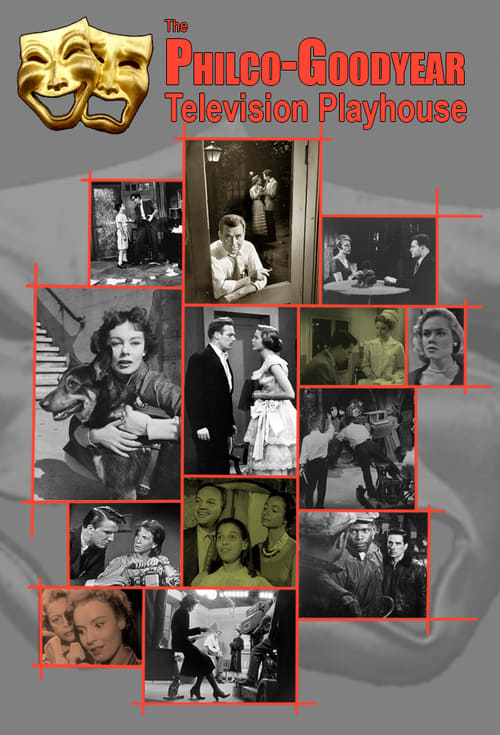
The Philco Television Playhouse
The Philco Television Playhouse is an American anthology series that was broadcast live on NBC from 1948 to 1955. Produced by Fred Coe, the series was sponsored by Philco. It was one of the most respected dramatic shows of the Golden Age of Television, winning a 1954 Peabody Award and receiving eight Emmy nominations between 1951 and 1956.

The Chevrolet Tele-Theatre
The Chevrolet Tele-Theatre is an American anthology series that aired live on NBC Mondays at 8 pm EST from September 27, 1948 to June 26, 1950. Guests who appeared on the series included Faye Emerson, Edward Everett Horton, Basil Rathbone, Nina Foch, and Boris Karloff.

Candid Camera
Candid Camera is an American hidden camera/practical joke reality television series created and produced by Allen Funt, which initially began on radio as Candid Microphone June 28, 1947. After a series of theatrical film shorts, also titled Candid Microphone, Funt's concept came to television on August 10, 1948. The show last aired for 10 episodes in 2014 on the TV Land network. A documentary about Allen Funt is currently in the works by the Candid Camera crew. The format has appeared on U.S. TV networks and in syndication in each succeeding decade, as either a regular show or a series of specials. Allen Funt himself hosted or co-hosted almost all of the TV versions until a 1993 stroke from which he never recovered. His son Peter Funt, who had co-hosted the specials with his father since 1987, became the producer and host.